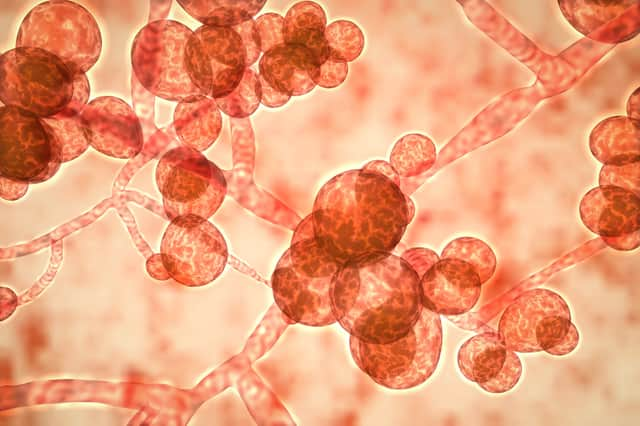A rare and deadly fungus has been found in Brazil - but should you be worried?


A possible case of a rare fungus that can cause potential death and drug resistant infections has been recorded in Brazil for the first time.
A patient was admitted to an adult intensive care unit in a hospital in the northeastern state of Bahia, and health regulator Anvisa was alerted to the possible infection.
What is the deadly fungus?
Advertisement
Hide AdAdvertisement
Hide AdCalled candida auris, the fungus poses “a serious threat to global health,” according to the Health Ministry, and was first identified in Japan in 2009.
The danger of the fungus can increase in healthcare environments, where the infection can spread quickly between hospital patients.
The first candida auris case in the UK was found in 2013, and in the United States in 2016. Since, it has been identified in several countries, but most notably in South America and South Asia.
Between 2015 and 2016 a London hospital reported 72 cases of the fungus.
Is candida auris really so dangerous?
Advertisement
Hide AdAdvertisement
Hide AdAccording to the Centers for Disease Control and Prevention (CDC), more than a third of people with infections caused by candida auris can die within a few months.
This can be because of various reasons, including:
- The infection can be difficult to identify without using standard laboratory methods
- Recognising symptoms can be difficult as patients tend to be sick already with other diseases
- According to the CDC, more than 90 per cent of infections are resistant to at least one antifungal medication.
- The fungus may infect different parts of the body, causing different symptoms in different people
Why you shouldn't panic about it
The candida auris fungus has not spread to wide swaths of any population worldwide, and healthy people rarely develop the infection.
When it comes to infectious diseases, rather than panicking, its best to take constructive steps to deal with concerns about a wide array of infections.
Taking precautions - like washing your hands, making sure you have received vaccinations, and avoiding people who are ill - will help you prevent infection from even the deadliest ones.